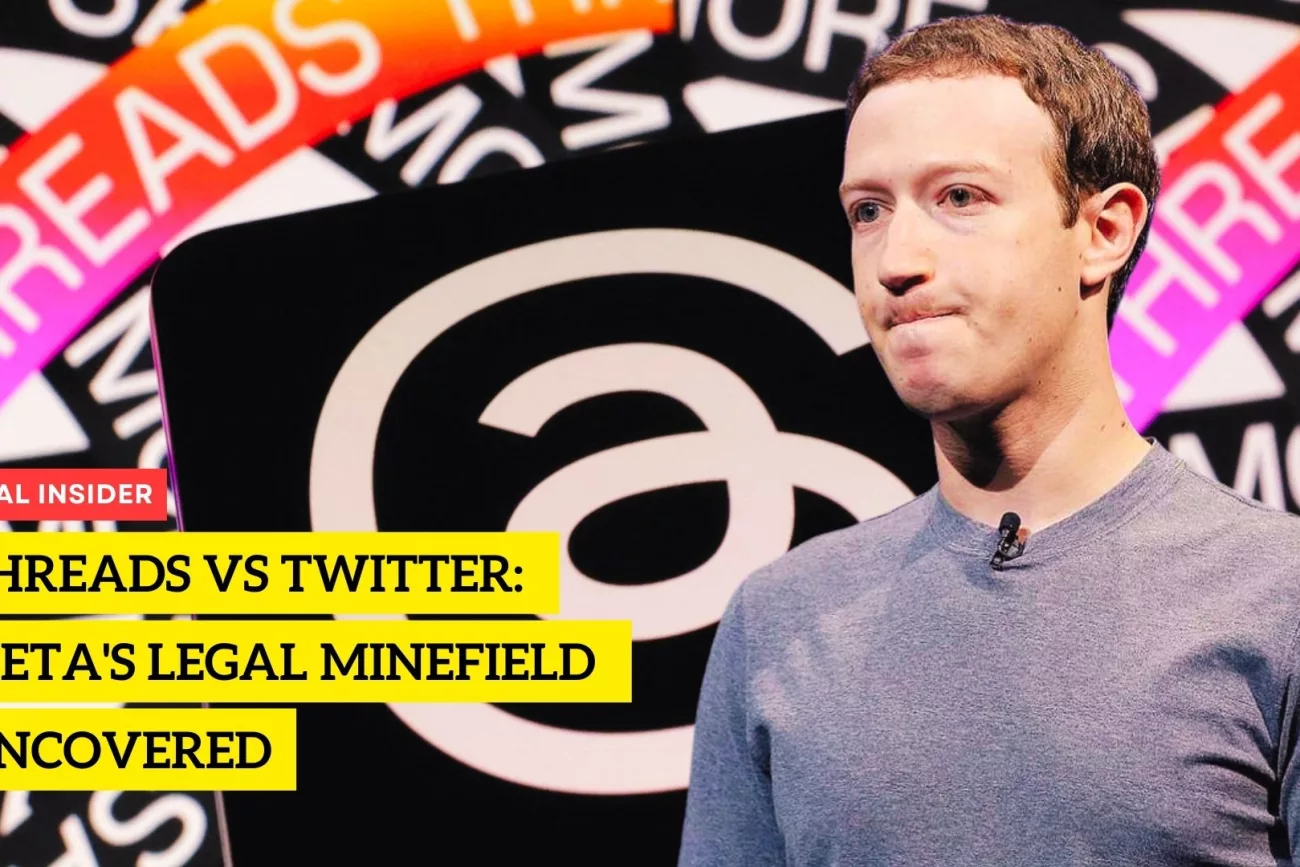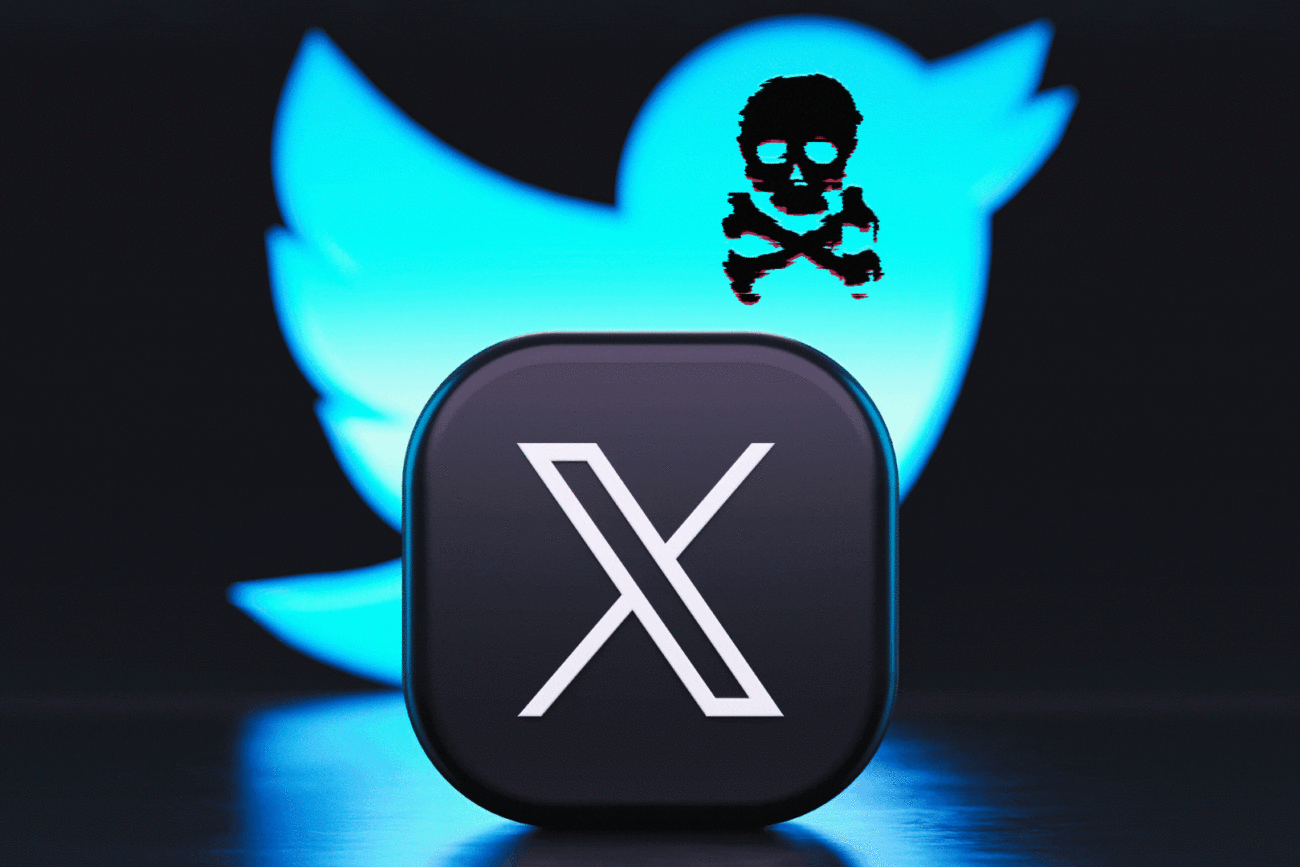
Key Points:
- Threads, the new social media platform from Meta, has grown exponentially, surpassing all previous growth records of online services, igniting a fierce legal battle with Twitter.
- The platform, linked with Instagram, presents an intriguing opportunity for legal professionals for engagement, thought leadership, and visibility.
- However, privacy concerns, especially in the European Union, could impede Threads’ progress, bringing regulatory scrutiny due to its expansive data collection practices.
- Legal professionals need to be aware of this emerging platform, its potential impacts, and the controversies surrounding it.
Embracing The Storm: Meta’s Threads Disrupts Social Media Landscape, Sparks Legal and Ethical Quandaries
Social Media Titans Clash in Epic Battle for Supremacy 🚀
In a world where speed is often equated with success, Meta’s Threads app is setting new standards for hyper-growth. This digital leviathan hit the 100-million-user mark on Monday (July 10), just five days after its official launch. But beyond these mind-blowing figures, this development is stirring up a maelstorm of controversy that legal professionals should keep a close eye on.
Mark Zuckerberg, Meta’s luminary CEO, took to the platform to confirm this colossal achievement. Threads’ speedy ascend to digital stardom overshadows the previous record held by AI tool ChatGPT, which took a mere two months to accumulate 100 million users globally, and TikTok, which took under two years. The Threads explosion epitomizes the extraordinary influence of the Meta ecosystem, leveraging its Instagram user base of around two billion to outshine competitors like Mastodon and Post.
When Threads Cross, Legal Sparks Fly ⚖️
While Threads basks in the glory of its record-breaking start, not everyone is celebrating. Twitter CEO Elon Musk has threatened to sue Meta, alleging that the company used former Twitter employees and proprietary knowledge to construct Threads. The allegation presents a potential legal battlefield that should fascinate legal professionals.
Alex Spiro, Musk’s legal eagle, penned a letter to Zuckerberg, charging Meta with “systematic, willful, and unlawful misappropriation of Twitter’s trade secrets and other intellectual property.” Such a dispute raises questions around corporate espionage, intellectual property rights, and the ethical limits of competition that could impact future business practices.
In the midst of these claims, Threads seems poised to become a formidable Twitter nemesis, with its user base amounting to more than a third of Twitter’s in under a week.
The Court of Public Opinion Holds Session 💼
These controversies come as Twitter grapples with reputational issues under Musk’s leadership. The decisions to charge for verification, limit daily tweet access, and rollback hate speech protections for transgender users have stirred public discontent. Twitter’s response, or lack thereof, to these critiques adds fuel to the growing debate.
The social media landscape today includes juggernauts such as Meta’s flagship service Facebook, boasting about 2.9 billion users; YouTube, with 2.5 billion users streaming over 5 billion videos per day; Instagram, another Meta property, with about two billion users; and Chinese-owned TikTok, which has over a billion users worldwide.
Twitter, though not in the billion-user league, reported 238 million users last summer. Musk’s claims of user growth since then lack corroborating data, creating a ripe ground for speculation.
Threads: A New Legal Platform or Legal Minefield? 💥
Law firms and legal professionals must not overlook Threads’ potential as a powerful tool for communication, networking, and even marketing. Yet, it also presents an array of challenges that should prompt caution. As we step into this brave new world of social media connectivity, here are some crucial points to consider:
Username Selection: Your Instagram handle becomes your Threads username. It’s a chance to make a strong professional statement.
User Verification: Verified Instagram users maintain their status on Threads.
Privacy Control: Threads offers both public and private account options, putting you in control of your digital footprint.
Content Format: Threads allows text-based messages, photos, memes, and videos on its feed, but direct messaging is currently unavailable.
Time to Secure Your Presence: The Threads phenomenon could be a long-term fixture, courtesy of Meta’s deep pockets. So, set up your account before someone else grabs your name.
Limitation on Deletion: One cannot delete Threads without deleting Instagram. Once you commit to Threads, there’s no going back without also losing your Instagram account.
When Legal Threads Interweave 🕸️
Yet, not everything about Threads is as smooth as silk. Its launch has been stalled in the European Union due to privacy concerns. This exposes the app, and Meta more broadly, to legal scrutiny and potential regulatory action, offering a thought-provoking case study for legal professionals worldwide.
Ruling 1: The European Court of Justice’s decision that Meta can’t use “legitimate interest” as grounds for processing user data for advertising. This is a significant blow to Meta’s targeted ad model.
Ruling 2: Meta has been slapped with a hefty €1.2 billion ($1.3 billion) fine for transferring Facebook user data from the EU to the US, presenting a serious threat to Facebook’s future in the EU.
Threads hasn’t been actively blocked by Ireland’s Data Protection Commission, the EU’s lead privacy regulator. However, the EU’s stringent data protection rules mean Meta is still deciphering how to navigate this legal maze.
Red Flags in the Data Collection Field 🚩
Threads’ privacy policy is sure to raise eyebrows and incite debates among legal professionals. It collects sensitive personal information including sexual orientation, race, ethnicity, health, fitness, web activity, and location. This potentially invasive data collection has far-reaching implications on privacy and data protection laws.
So, where do we go from here? As legal professionals, it’s incumbent upon us to engage in a vibrant discourse about these emerging platforms, their implications, and the legal landscape they navigate. Will you step into the Threads fray, ready to leverage its networking potential, or tread cautiously, aware of its data collection and privacy concerns?
Let’s start the conversation!
Share your thoughts in the comments below and don’t forget to sign up for our newsletter for more insights into the fascinating intersections of law, technology, and social media. 💌
Share this post
Frequently Asked Questions (FAQs)
Q: What is Threads?
A: Threads is a social media platform developed by Meta. Similar to Twitter, Threads is designed to facilitate real-time, public conversations between individuals.
Q: How is Threads linked to Instagram?
A: Threads leverages the Instagram user base for growth. To join Threads, you need to use your existing Instagram account, and your Instagram handle becomes your Threads username.
Q: Why is Twitter suing Meta?
A: Twitter is alleging that Meta used its former employees and intellectual property to build Threads. They argue that Meta has engaged in unlawful misappropriation of Twitter’s trade secrets.
Q: What are some concerns about Threads' privacy policy?
A: There are multiple concerns about how Threads collects and uses personal information about users. This includes sensitive personal information, employment data, health data, web activity, and location data.
Q: How can legal professionals utilize Threads?
A: Law firms and legal professionals can use Threads to share timely content, demonstrate thought leadership, engage with peers and influencers, and actively engage with their followers.










